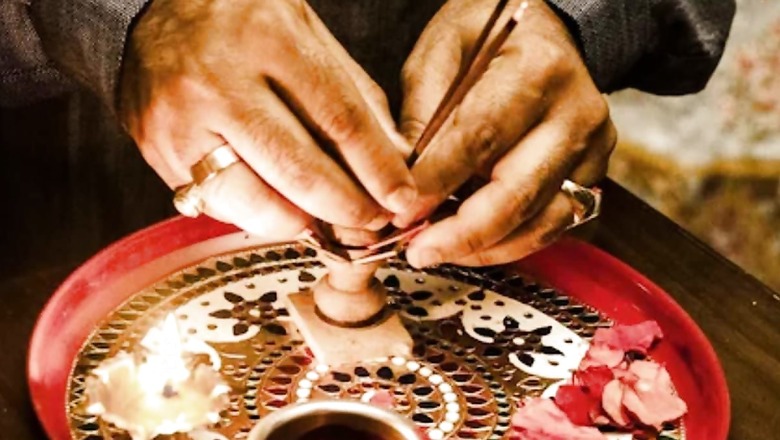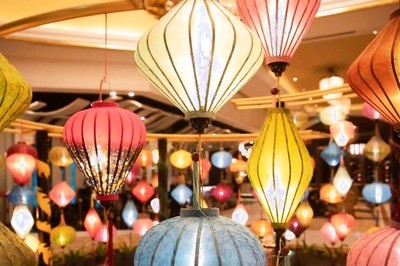
views
Incense sticks emit smoke. It is made of natural materials and can be burned to emit fragrant, aromatic smoke. Scents and materials vary between different types of incense; for example, cedar and rose. Some are made of resins, while others use powders.
Recently, there’s been a trend where many use chemically enhanced agarbattis (incense sticks) under the misconception that they are simply fragrant items, despite knowing the potential health risks.
Nevertheless, a shift is occurring as some producers have begun crafting natural incense sticks without any chemical additives, claiming these are made with divine blessings and pure ingredients. These manufacturers in Andhra Pradesh believe that every incense stick lit and every puja performed is a way to seek divine favour. They assert that their products, including agarbattis, incense sticks, and sandalwood, are sourced from sacred places and made with natural flowers like jaluvara, traditionally used in temple offerings.
Incense is used to refresh the scent of indoor spaces, for spiritual purposes, for health, and for other reasons. When using incense, you will inhale smoke, just like with anything else that emits smoke.
In some revered temples, daily floral adornments used on deity statues, known as Swami Ammavar are repurposed. These flowers, after being removed in the evening, are collected and transformed into a powder that coats the incense sticks. This practice has not only added a spiritual value but also made these incense products popular among devotees.
These incense sticks are currently available at locations like Annavaram and Ratnagiri Kshetra, with prices ranging from Rs 100 to Rs 200, although in more prominent spots, they are sold for as little as Rs 30 to Rs 40. The allure of using flowers that have adorned deities contributes to their demand.
Devotees are encouraged to purchase these sacred and aromatic products, especially when visiting holy sites where such incense sticks are available, to experience their fragrance firsthand.



















Comments
0 comment